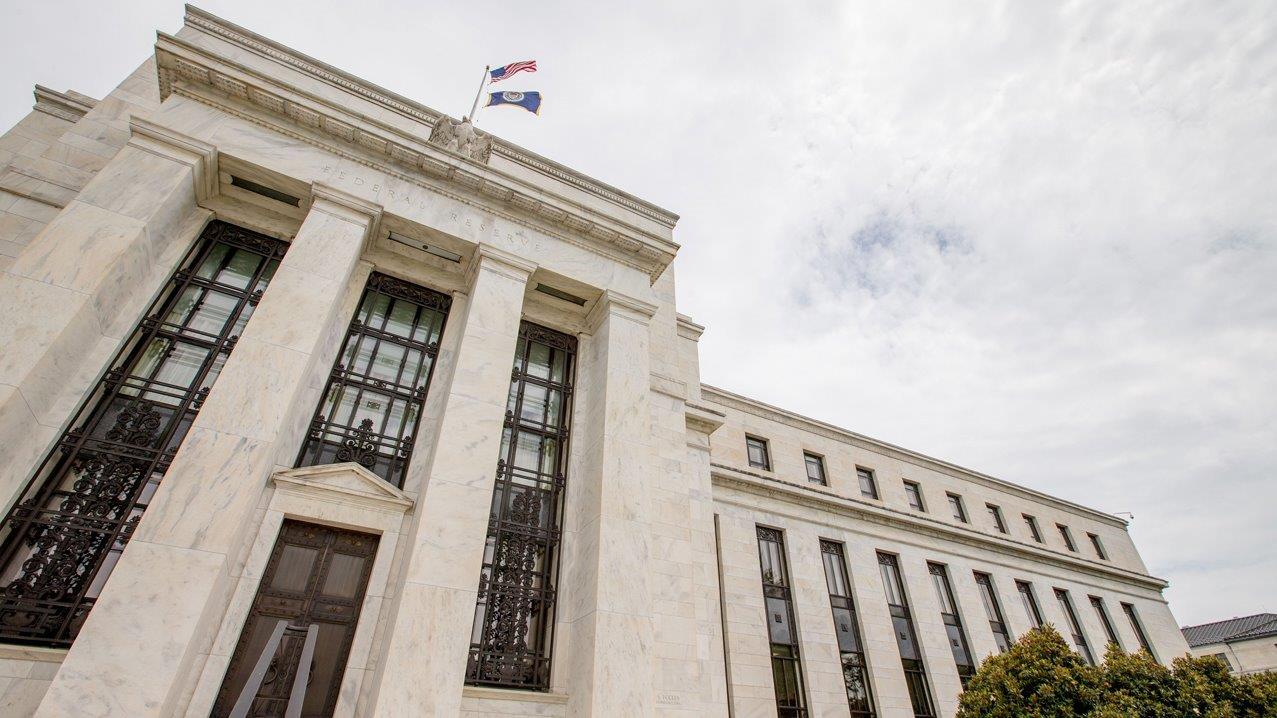Fed's Jeffrey Lacker: Case is Strong for December Rate Hike
As the debate continues over when the Federal Reserve should raise interest rates, Richmond Federal Reserve President Jeffrey Lacker weighed in on why he continues to push for an increase in rates sooner rather than later.
“I thought the case was strong this past week [Fed’s Sept. 21 meeting] for another increase given how tight labor markets are, given how close we are to our inflation target. Our benchmarks point to interest rates that are substantially higher than they are now and I think we need to get on with it.”
Lacker believes the Fed should look closer at the labor market as a key factor behind its monetary policy decisions.
“On the whole, and that’s how we have to judge monetary policy, labor markets are fairly tight and when they get tight the interest rates need to rise to keep imbalances from arising.”
As U.S. economic productivity remains sluggish, Lacker reflected on what should be done to revitalize output.
“Capital expenditures are what lead to productivity growth. Growth in the output per worker that we see in our economy and ultimately real incomes for Americans are tied closely, they track closely with productivity growth.”
Lacker also offered a few theories as to why U.S. business investment has been down.
“There are a couple of theories about why productivity growth is slow. One is that we measure it poorly, there’s something too that but that doesn’t seem to explain it all. Another theory is that we’ve run out of good ideas, that seems implausible to me but it could be. Another theory is that wave of regulatory things that have come along in the last couple of years, last decade or so, are swamping American businesses, discouraging business formation, discouraging investment. I give that some credence too.”
Lacker then explained the limited scope of the Federal Reserve’s goals and suggested the Fed is sometimes given too much credit for its role in boosting the economy.
“I think we got more credit when the economy was going really well in the ‘90s than we deserved. Our job is to keep inflation low and stable, we did a good job of that in the 90s, but the tech boom wasn’t our responsibility, we didn’t bring that about.”
On the other hand, the Richmond Federal Reserve President said the Fed takes a lot of blame during slow growth periods as well.
“Similarly, I think we get more blame for a sluggish recovery than we deserve. There really isn’t anything monetary policy can do about the rate of productivity growth, the rate of capital formation that goes into that,” Lacker continued, “I think we’ve done a good job since the recession ended and people need to realize that there’s a range of policy out there. We’re responsible for a narrow slice of economic policy, just what affects the inflation rate.”
So with the next big FOMC meeting in December, should investors expect a rate hike? “I think the case is going to be strong based on what I see now but there’s some more data to come in between now and then so we’ll see,” Lacker said.




















